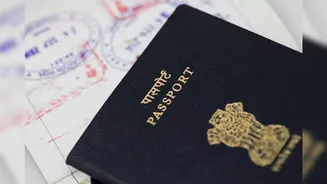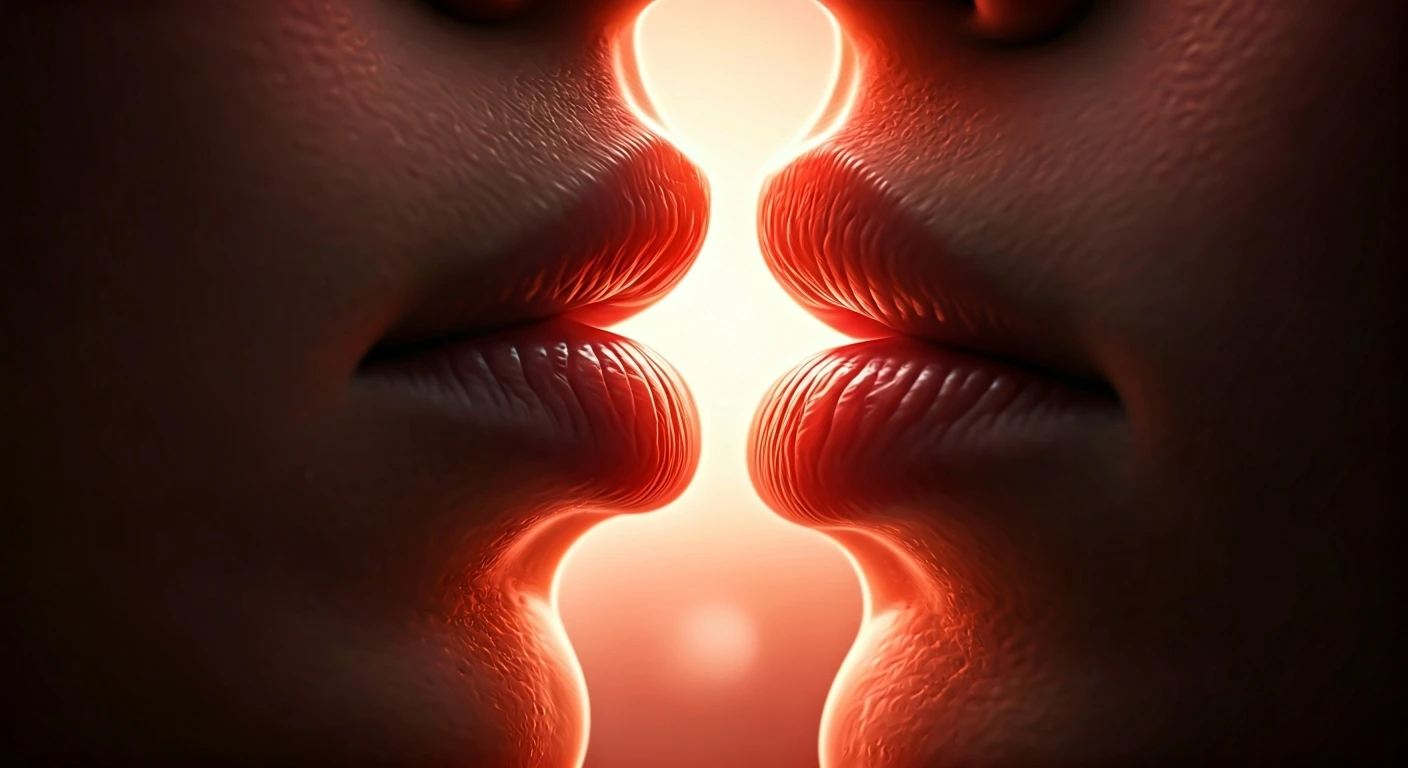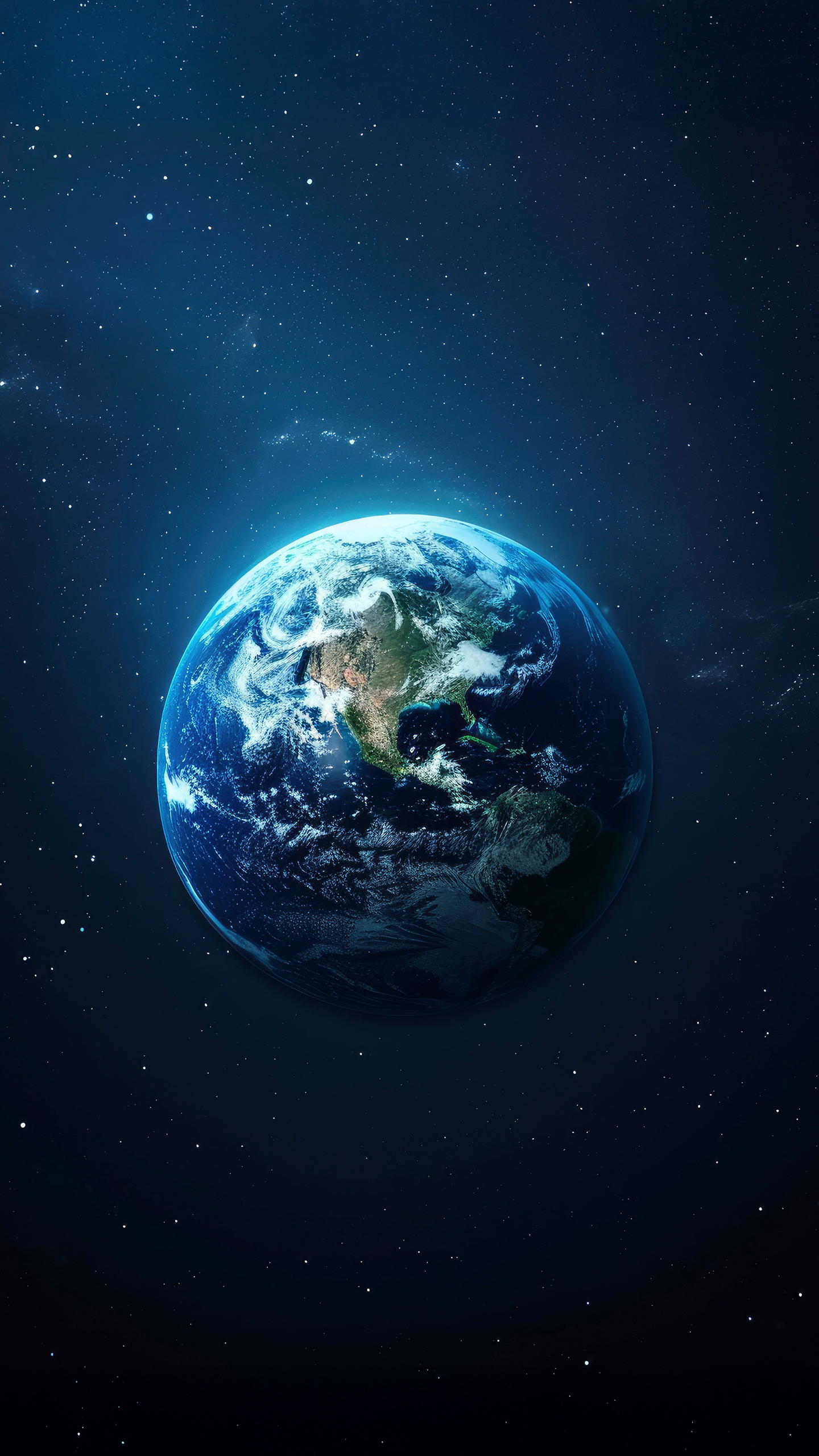Pollution's Silent Assault
The aftermath of Diwali celebrations often brings a significant surge in air pollution, a fact widely recognized throughout India. This rise is primarily
caused by the combustion of fireworks and the release of other pollutants into the atmosphere. These pollutants, which include particulate matter (PM2.5 and PM10), sulfur dioxide, and nitrogen oxides, are not just unpleasant; they are actively harmful. When the skin comes into contact with these airborne contaminants, the skin's defense mechanisms are immediately put under stress. The pollution leads to accelerated skin aging, including the formation of fine lines and wrinkles, and contributes to issues like uneven skin tone. In addition, the scalp environment can be seriously affected, leading to hair damage and potential hair fall. The invisible damage caused by pollutants emphasizes the need for proactive skincare and hair care practices after times of increased air pollution exposure.
Skin's Vulnerable Defense
Skin acts as a primary protective barrier, but pollution weakens this natural defense. Air pollutants penetrate the skin and create a cascade of damage. These pollutants trigger the production of free radicals, unstable molecules that accelerate skin aging. Free radicals attack collagen and elastin, the crucial proteins responsible for skin firmness and elasticity, and contribute to the formation of fine lines and wrinkles. Prolonged exposure results in uneven skin tone, and can exacerbate existing skin conditions like eczema and acne. Additionally, pollutants impair the skin's natural moisturizing factors, leading to dryness and irritation. The severity of these effects varies based on pollution levels, exposure duration, and individual skin sensitivity. This highlights the crucial need for a thorough skincare routine post-Diwali, focusing on cleansing, protection, and repair.
Hair Under Siege
Air pollution has detrimental effects on hair health, making hair more fragile and prone to damage. Pollutants settle on the hair shaft and scalp, causing oxidative stress. The buildup of pollutants can clog hair follicles, which hinders hair growth. This can lead to hair breakage, split ends, and overall hair thinning. Moreover, pollutants can strip the hair of its natural oils, leaving it dry, brittle, and difficult to manage. The scalp is also susceptible to irritation, redness, and even dandruff caused by the build-up of pollutants. Hair's exposure to pollution makes it appear dull and lifeless, reducing its shine and volume. Therefore, caring for your hair after Diwali means taking extra care to cleanse and protect it from harmful environmental factors.
Effective Post-Diwali Skincare
To address the negative effects of pollution on skin, a well-planned post-Diwali skincare routine is essential. The first step involves thorough cleansing to remove pollutants accumulated on the skin's surface. A gentle cleanser removes impurities without stripping the skin of its natural oils. Follow cleansing with antioxidants such as Vitamin C serums, which combat free radical damage and promote skin repair. Hydration is crucial, so opt for a moisturizer that locks in moisture and reinforces the skin barrier. Finally, protection from further damage is important; use sunscreen with broad-spectrum protection. In addition to regular skincare, consider incorporating exfoliation to remove dead skin cells and promote cell turnover, revealing a brighter complexion. Adapting your skincare routine post-Diwali is important for keeping your skin healthy and glowing in the face of environmental stressors.
Nurturing Post-Diwali Hair
Implementing a post-Diwali hair care regimen is essential for repairing and maintaining hair health. Begin by washing hair regularly with a clarifying shampoo to remove pollution residue from the scalp and hair strands. After cleansing, incorporate a deep-conditioning treatment to restore moisture and repair damage. Ingredients like argan oil, coconut oil, or shea butter are excellent choices. Regular use of hair masks can provide added benefits such as strengthening and improving elasticity. Protective hairstyles, such as braids, can minimize the hair's exposure to pollutants. If you are experiencing excessive hair fall, consider consulting a dermatologist or hair specialist. Implementing such practices after Diwali helps to revive your hair.
Diet and Lifestyle Boost
Along with targeted skincare and hair care, consider the role of diet and lifestyle choices. A balanced diet rich in antioxidants, such as fruits and vegetables, can help the body fight against free radical damage from pollution. Hydration is key; drinking plenty of water ensures your skin stays hydrated. Prioritizing sleep gives the body time to repair and regenerate cells. Minimize exposure to pollution as much as possible, for instance, by avoiding outdoor activities during peak pollution hours. Stress can weaken the immune system and make the skin and hair more vulnerable. Managing stress through activities like yoga or meditation also contributes to overall health and resilience. Taking a holistic approach with dietary and lifestyle choices complements your skincare and hair care efforts for comprehensive protection.
Proactive Protection Measures
Proactive measures can minimize the impact of air pollution on skin and hair, especially during and after Diwali. Before going outside, apply a protective layer of skincare products, including a moisturizer and sunscreen. Covering your hair with a scarf or hat can reduce direct exposure to pollutants. Investing in a good-quality air purifier for your home can help eliminate indoor air pollutants, creating a healthier environment. When traveling in areas with high pollution levels, use a mask to minimize inhalation of harmful particles. Being aware of daily air quality reports can help you plan your activities to minimize exposure during periods of high pollution. Incorporating these measures will make a big difference in the protection of the skin and hair against the negative effects of air pollution during Diwali and beyond.















